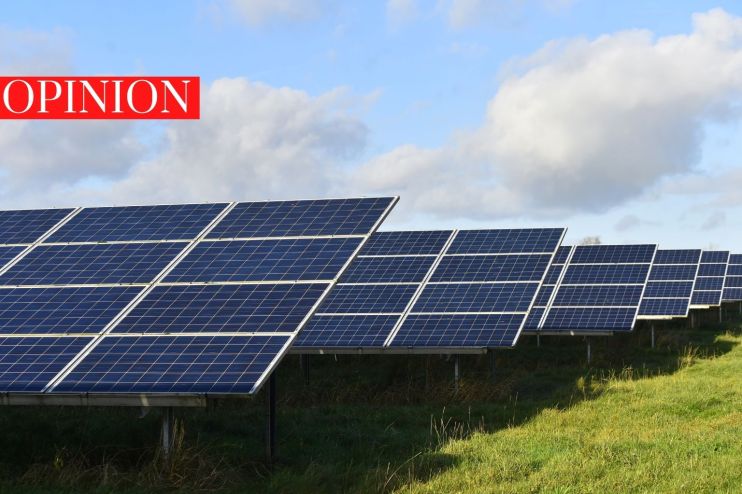We can’t tax our way to net zero, but we can nudge Brits towards it

Brits have pushed back against mass spending on net zero, but that doesn’t mean minister should throw their arms up and give up on nudging them towards a green transition, writes Laura Hinton
No one likes to be told what to do. That alone is a persuasive explanation for the government’s decision to remove what it calls “heavy handed” measures to force the country’s transition to net zero. But equally, no one wants to see progress slowed.
It’s probably little surprise, however, that our efforts to reduce carbon emissions are falling short, according to PwC’s Net Zero Economy Index. The road to net zero will require widespread behaviour change and our choices now will be definitive for future generations. But how can the public be persuaded when many are feeling cost of living pressures?
We instigated a new survey of public attitudes towards tax and incentives to understand this, and three things stand out: the UK public is open to going greener and reasonable about the impact to their lives, cost remains a significant barrier, and alleviating the transition will help. There is nuance too – while the public is hungry for change, the carrot incentives need to be appetising and the taxation sticks cannot leave too bad of a taste in the mouth.
As the Autumn Statement approaches and a General Election looms, food for thought for the Chancellor is that voters for both main parties are supportive of green measures reflective of Joe Biden’s Inflation Reduction Act, even if the scale cannot be matched. Our survey finds that 42 per cent of respondents support using taxpayer money to subsidise green technology, with a quarter (23 per cent) taking a pro-tax and pro-stick approach, saying that taxing high emissions purchases is a good tactic to discourage them.
The public is already making behavioural adjustments, but the cost of living continues to bite. Although there is widespread implementation of cheaper upgrades, such as energy saving light bulbs and insulation, costly solar panels or heat pumps remain beyond reach, with only 3 per cent implementation recently. Access is also an issue – highlighting the importance of investment in apprenticeships and training so people can find local tradespeople to install heat pumps or solar panels. A carrot for homeowners could go a long way to turn aspiration to action.
From an infrastructure perspective, Nimbyism is so often associated with challenges in constructing large projects, but mindsets have softened for green technology. 71 per cent of rural voters say they’d be happy to have a wind farm within three miles of their home. The more sceptical suggest a fair compromise; you can build them, but we’d like a discount on energy bills for the inconvenience.
The public is less supportive of using taxpayer funds to assist business. They believe companies should pay for their own emission reducing initiatives, to save taxpayer money only used to support companies committed to keeping jobs in the UK.
The government has said consumers need to want to jump, but widespread behavioural change may require a tactical push here and there. There is a road map to consider: make it easy to engage, highlight the benefits of good choices and the impact of bad, remove cost and access barriers, and where possible make it financially attractive so taxpayer’s money is well spent.
